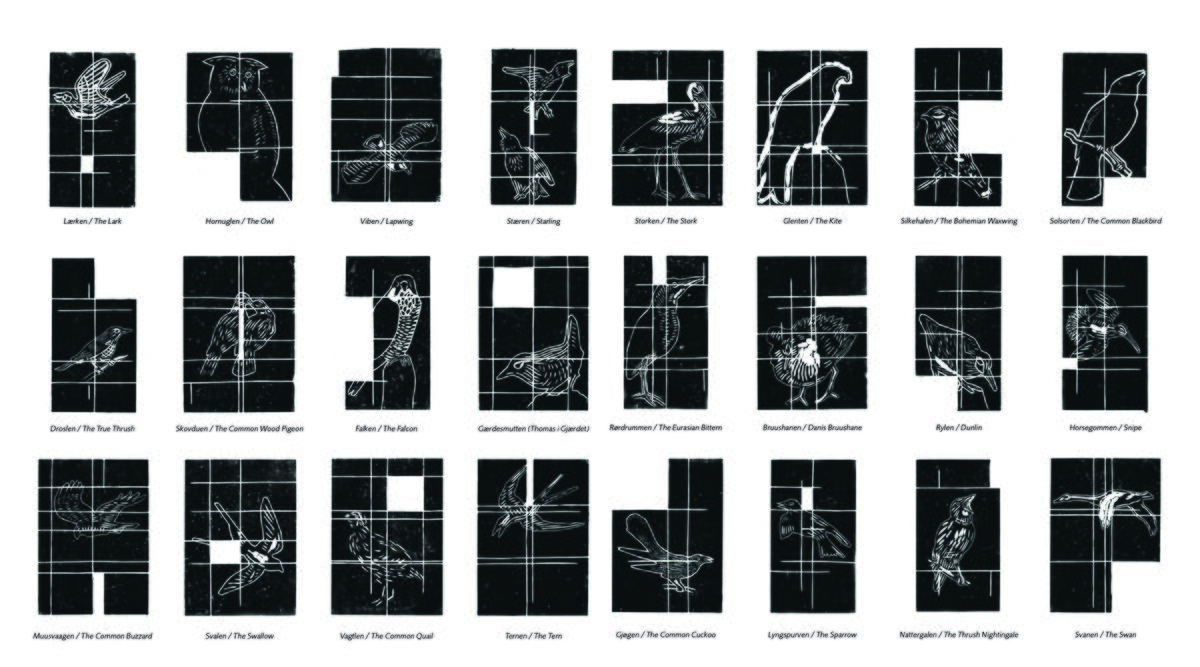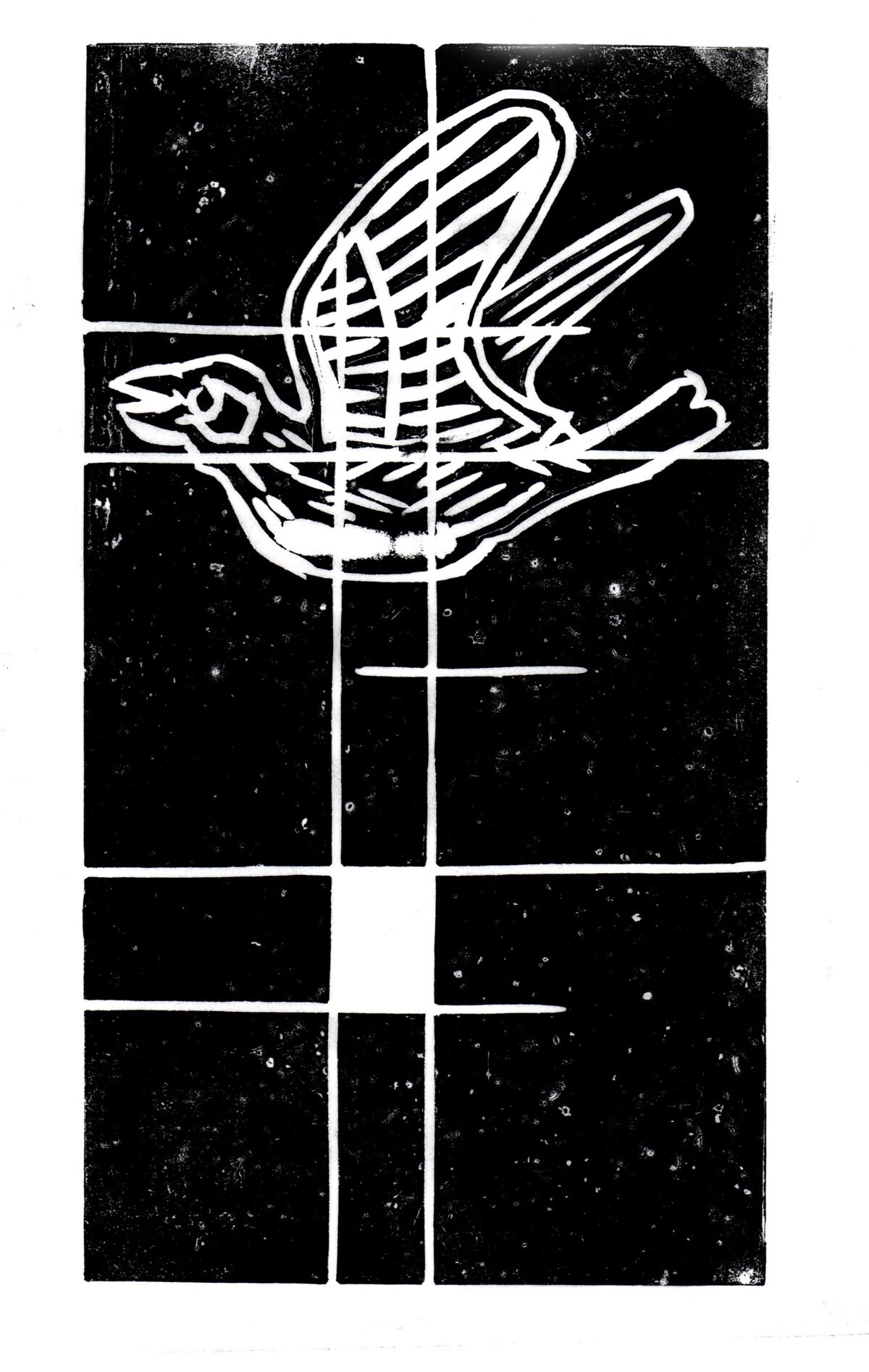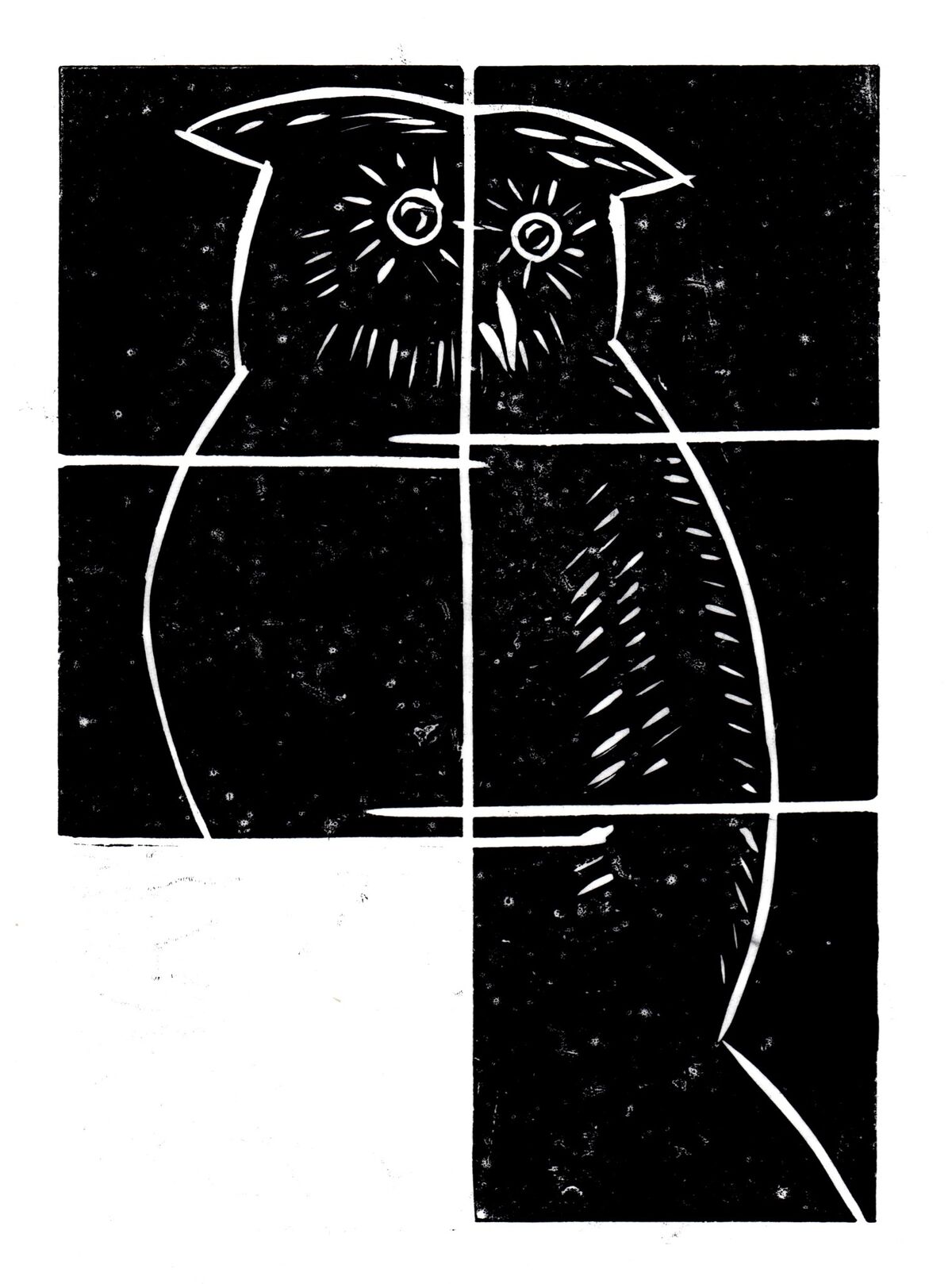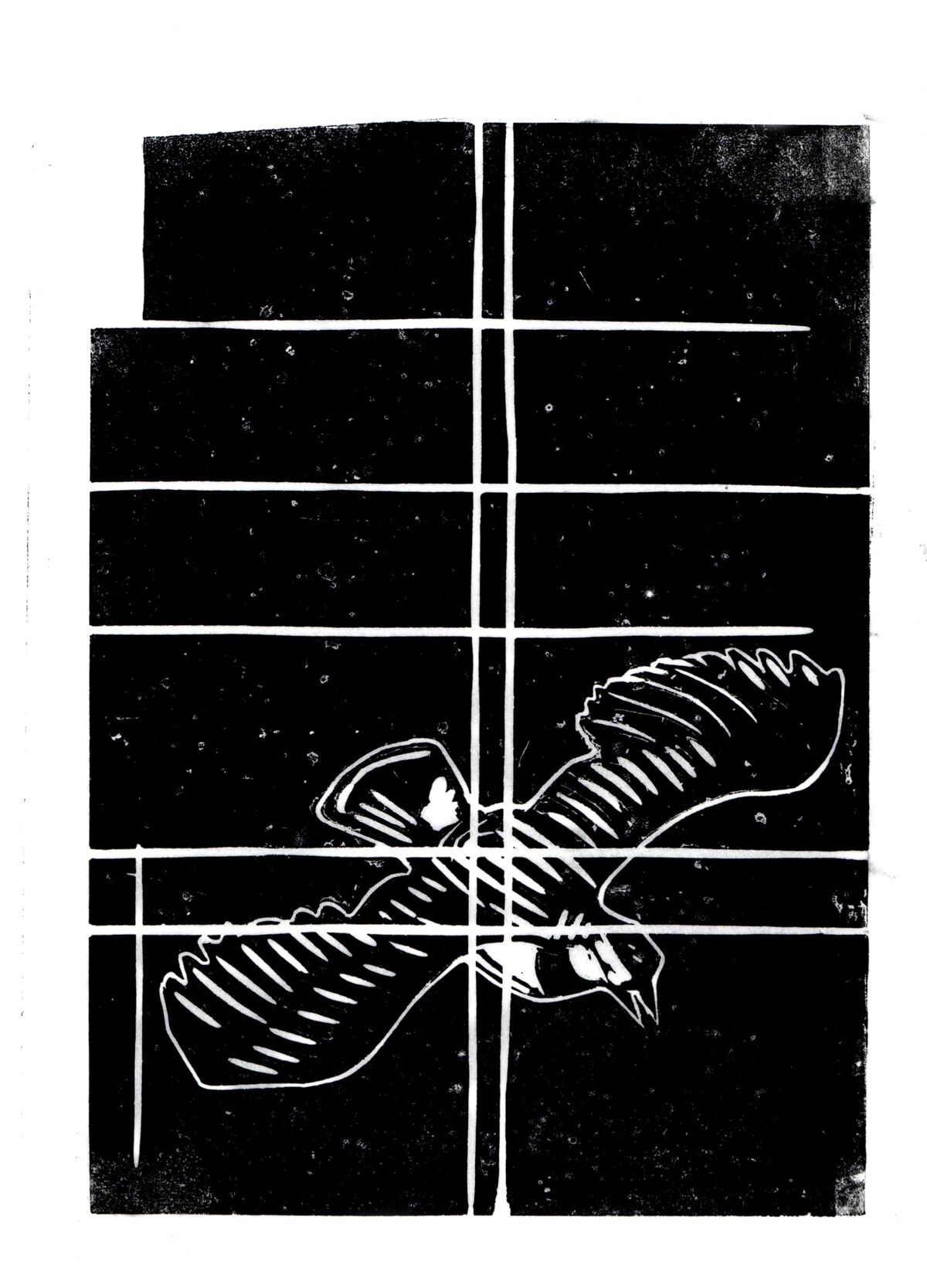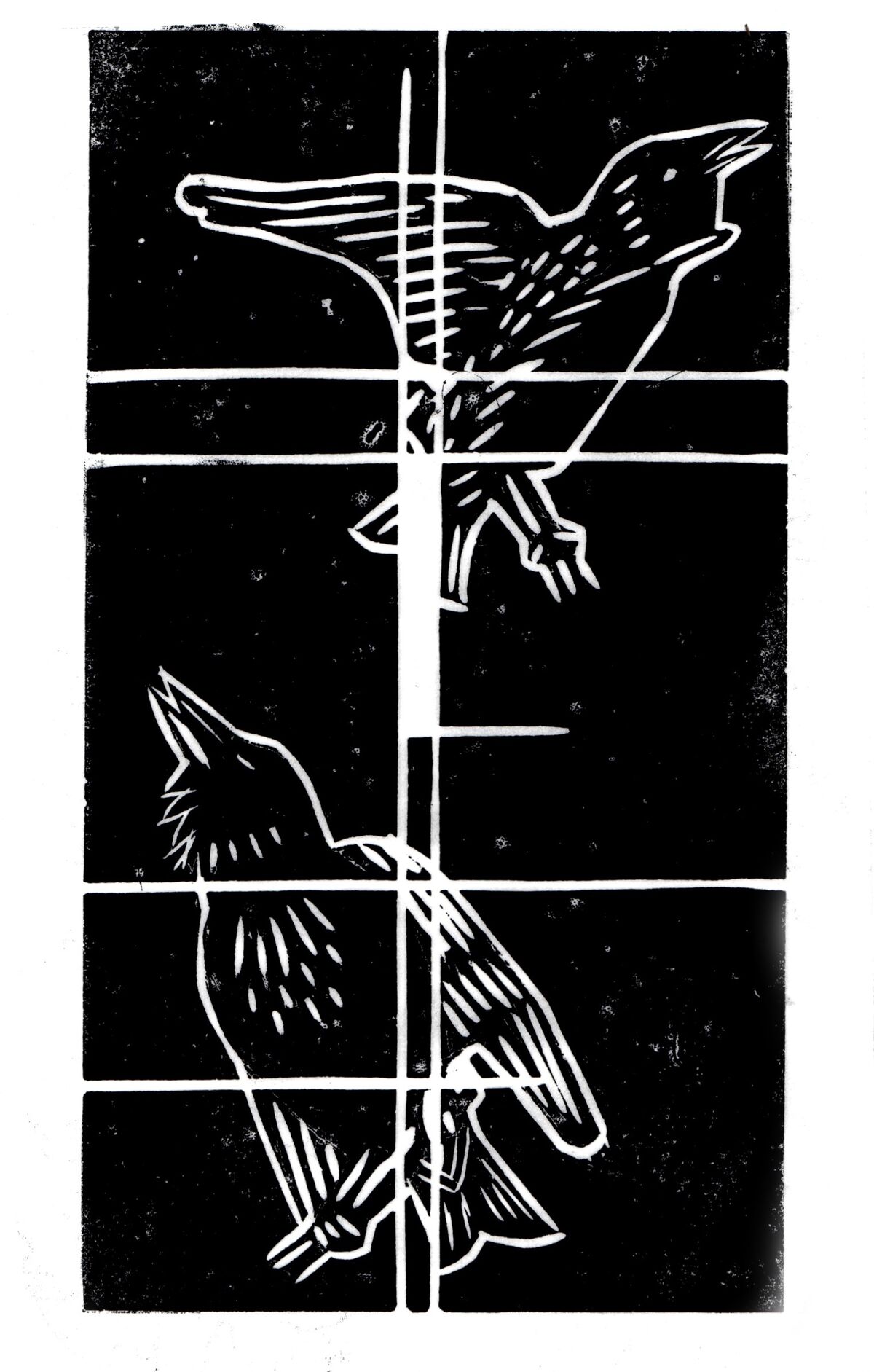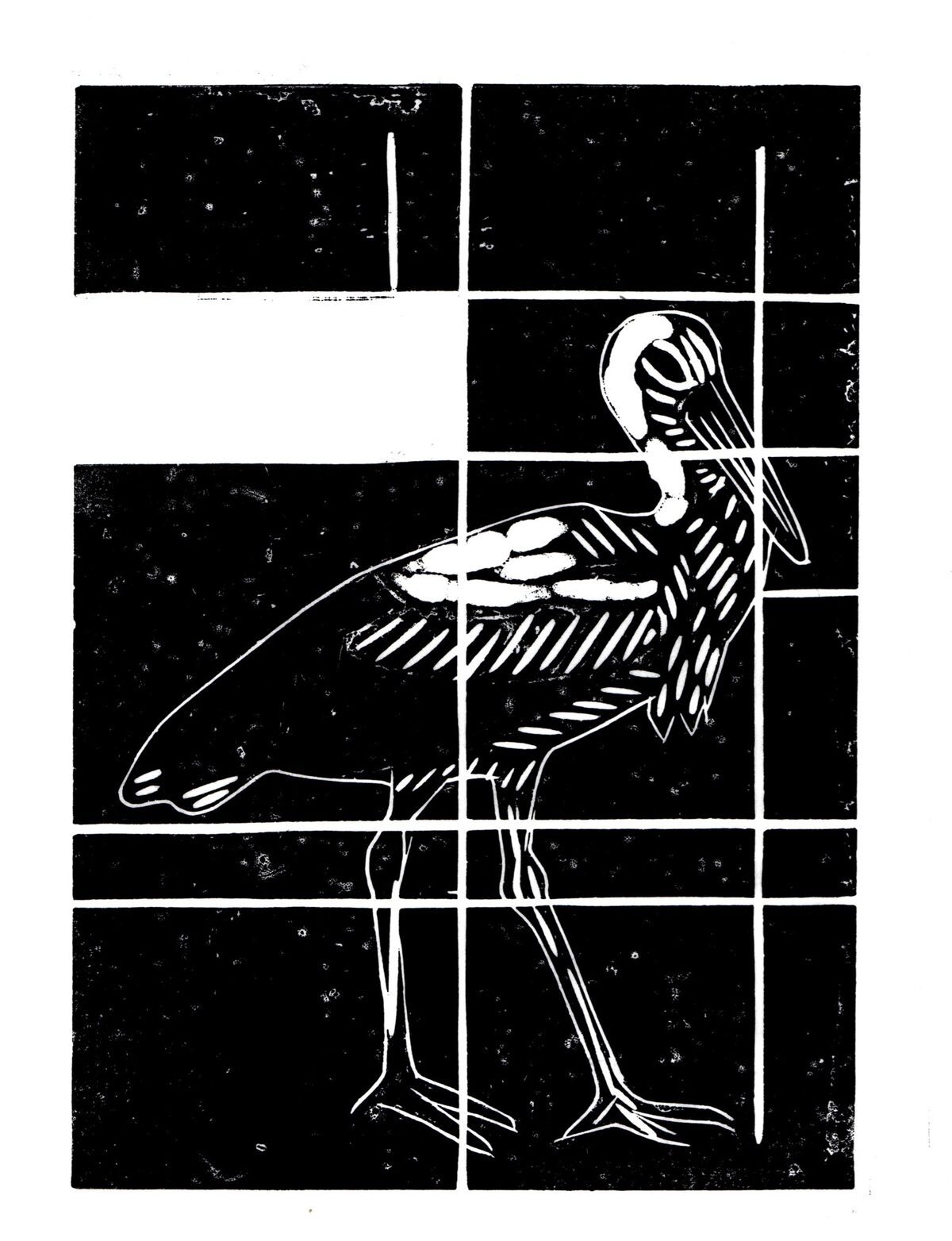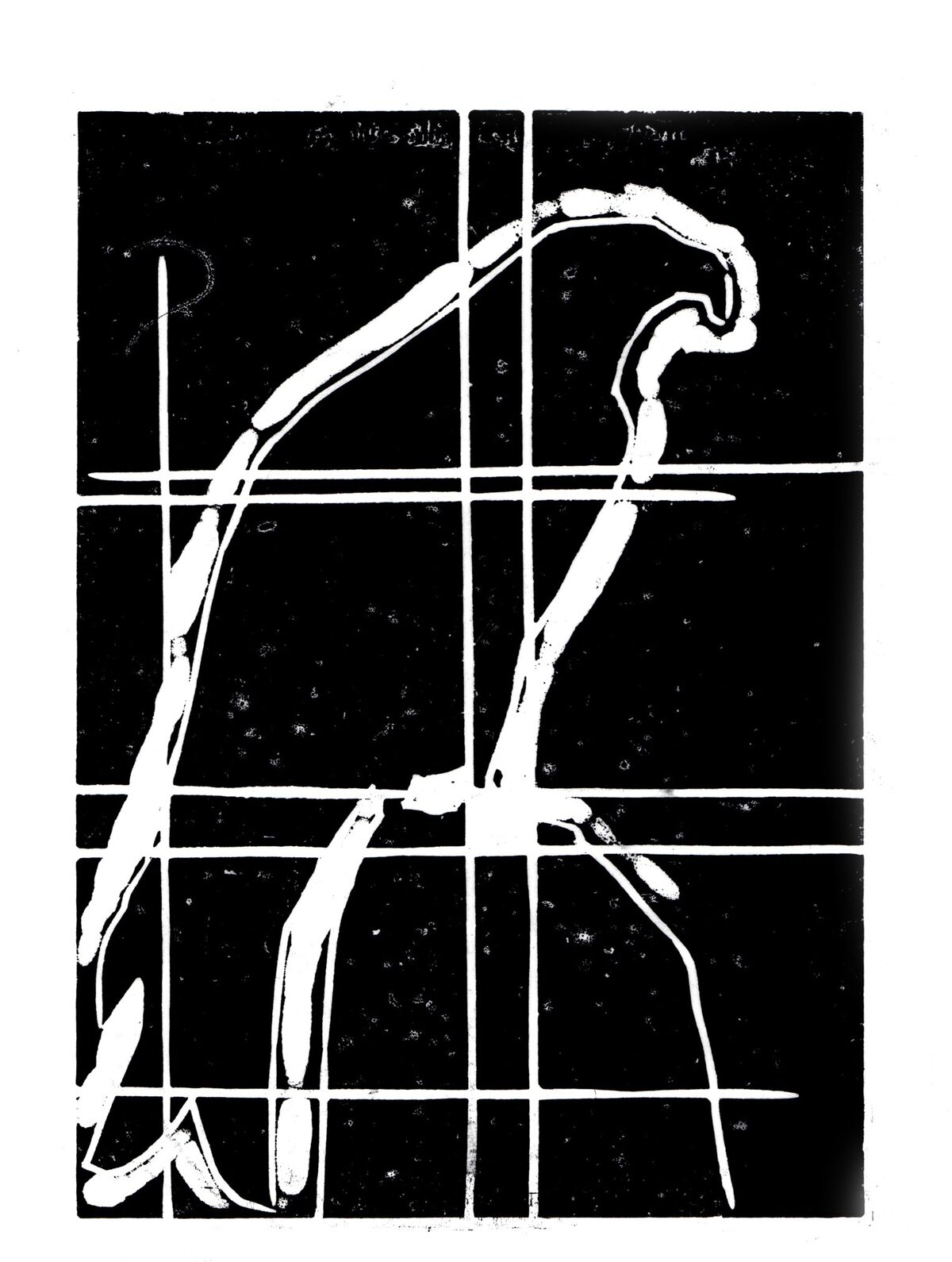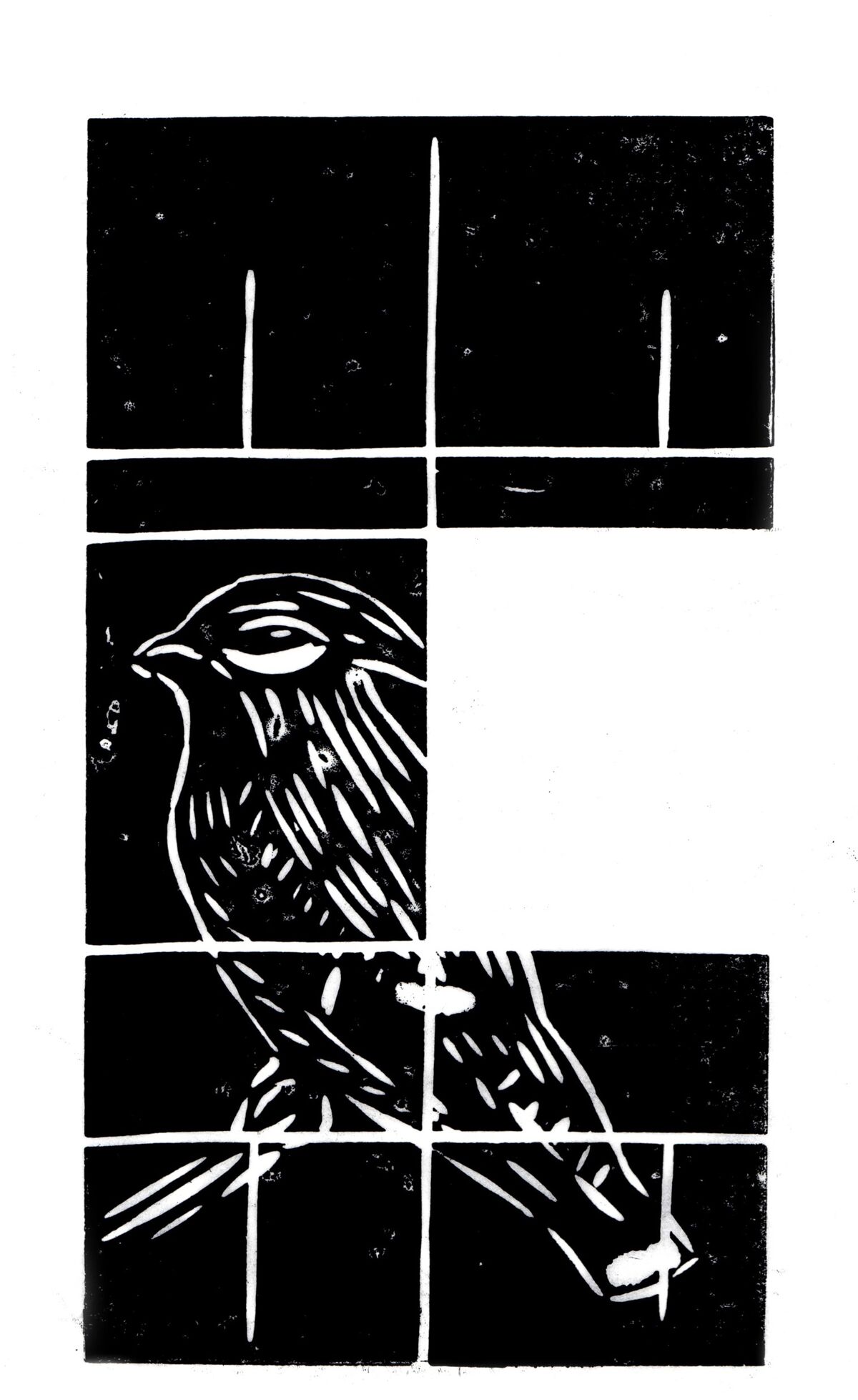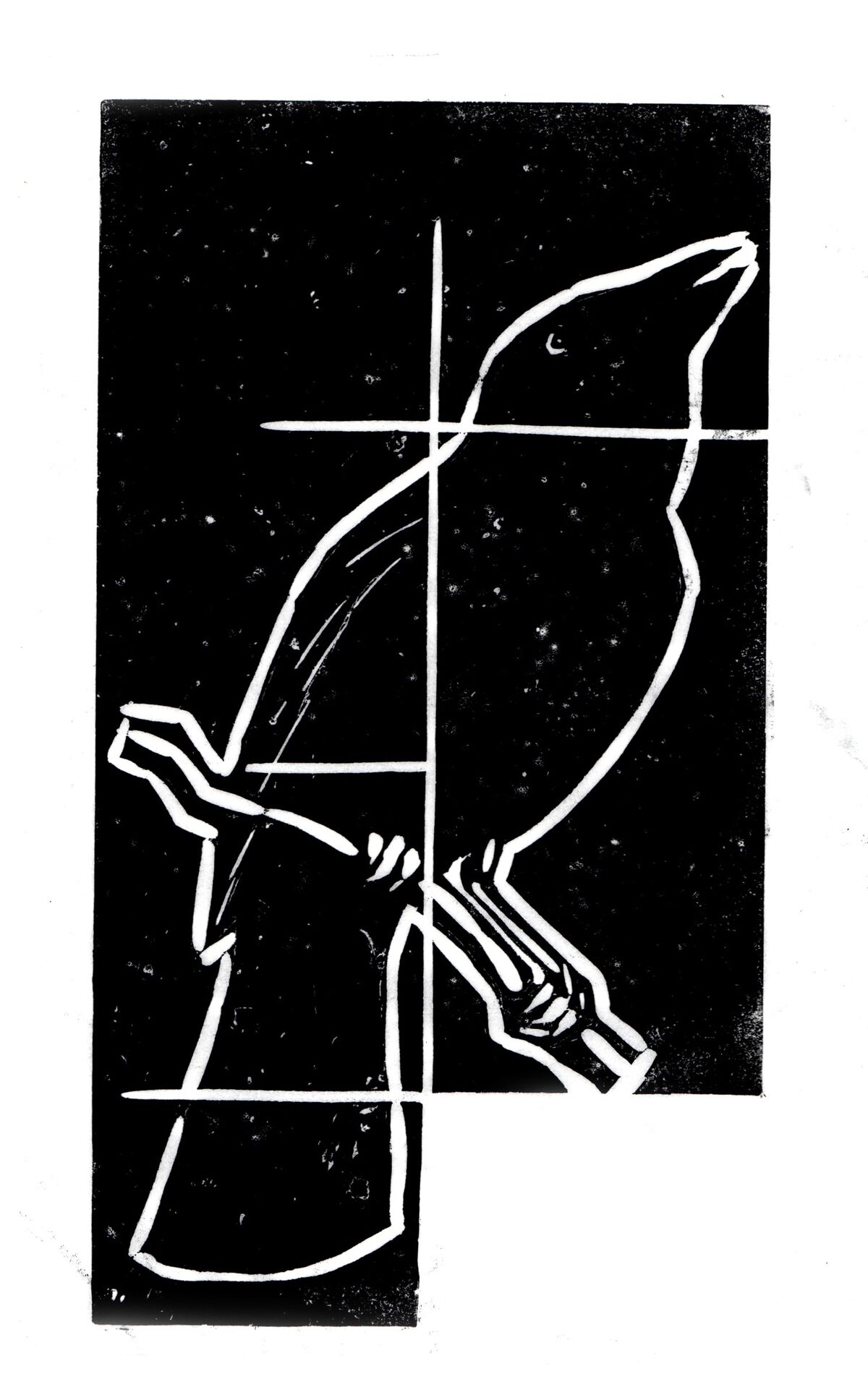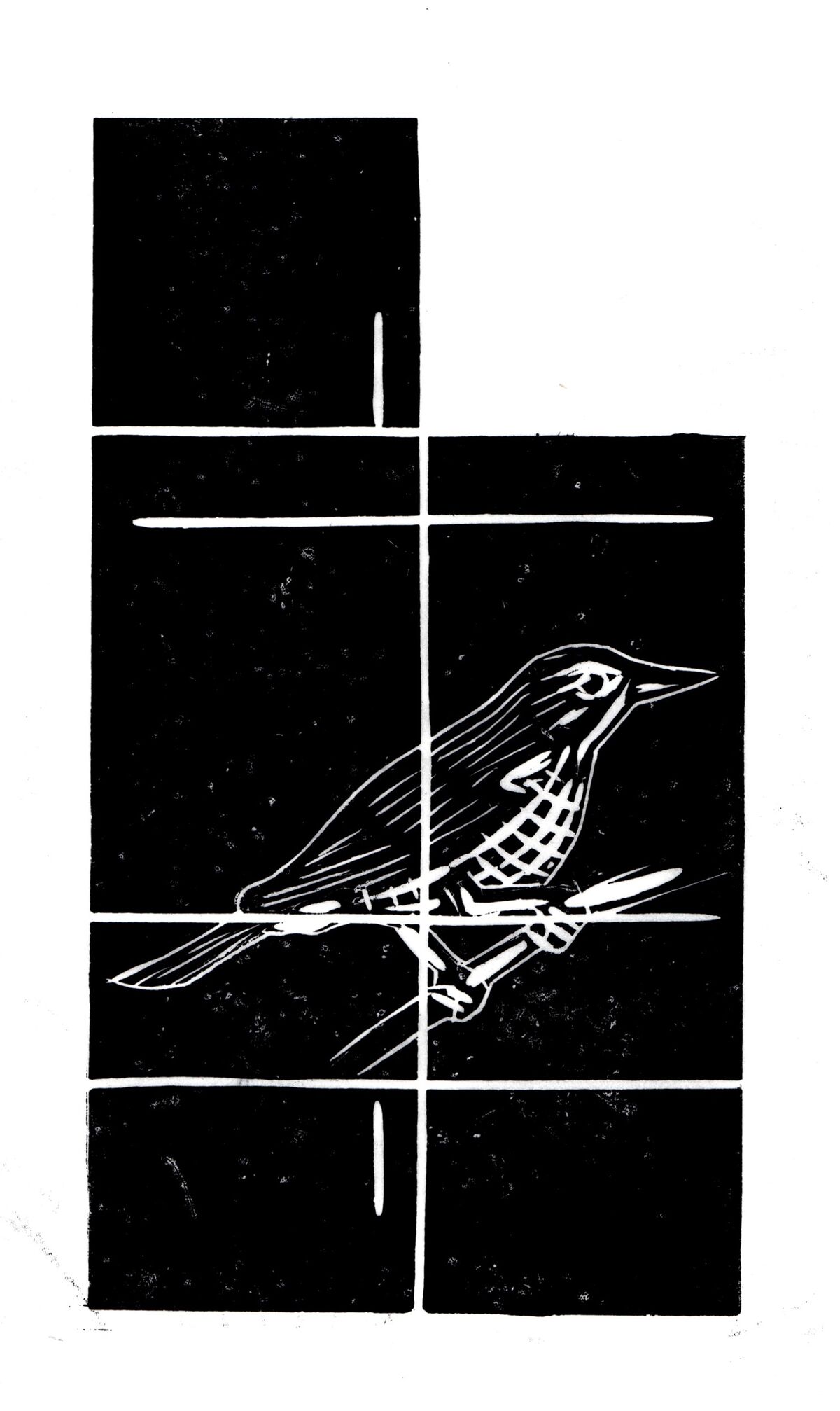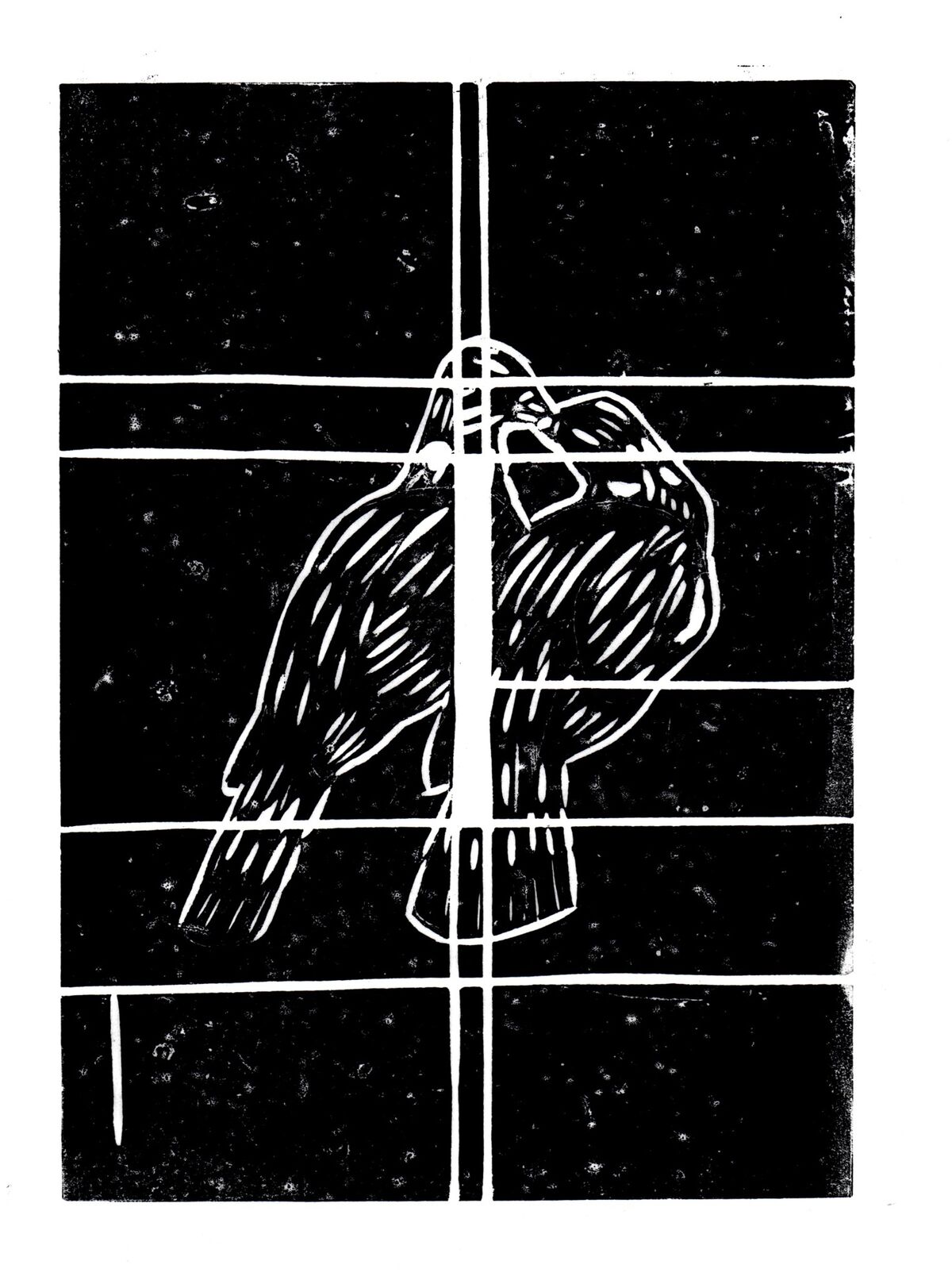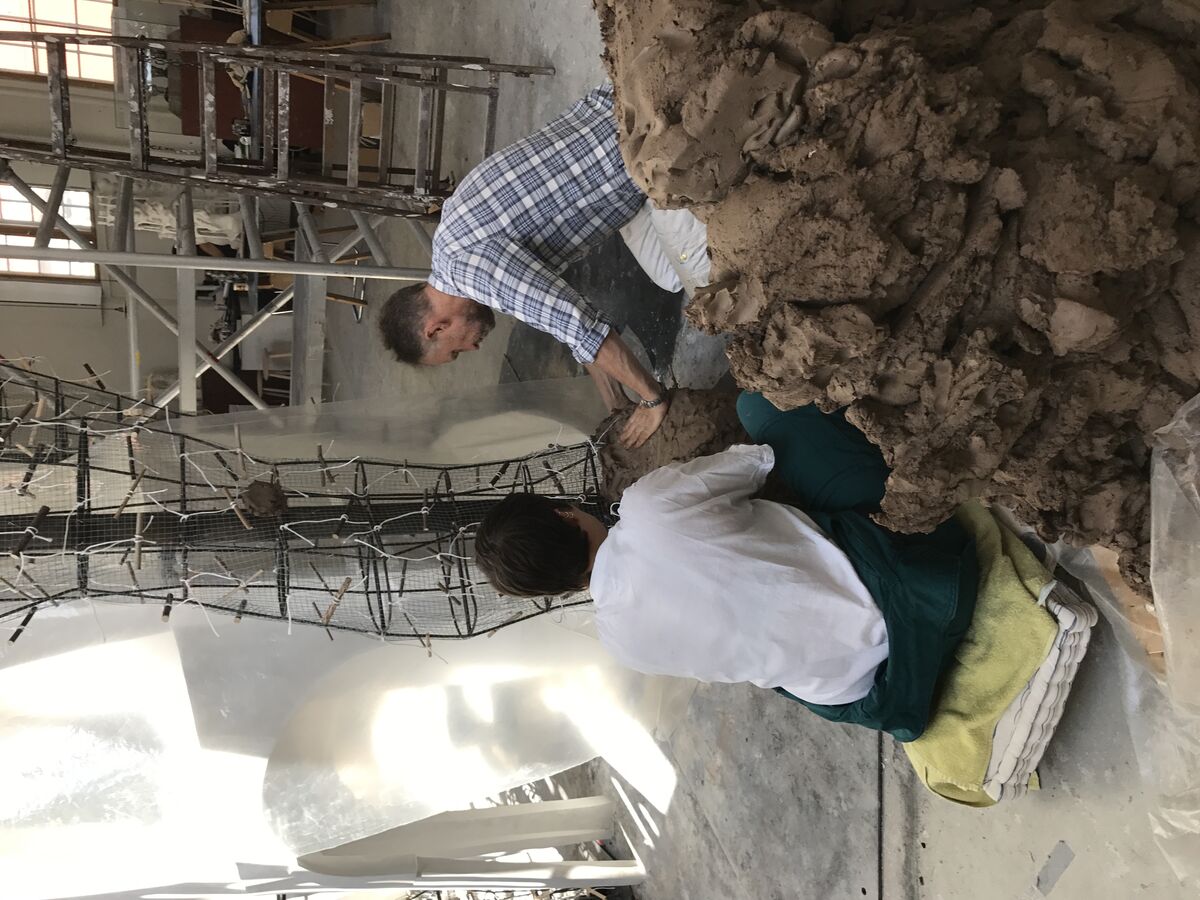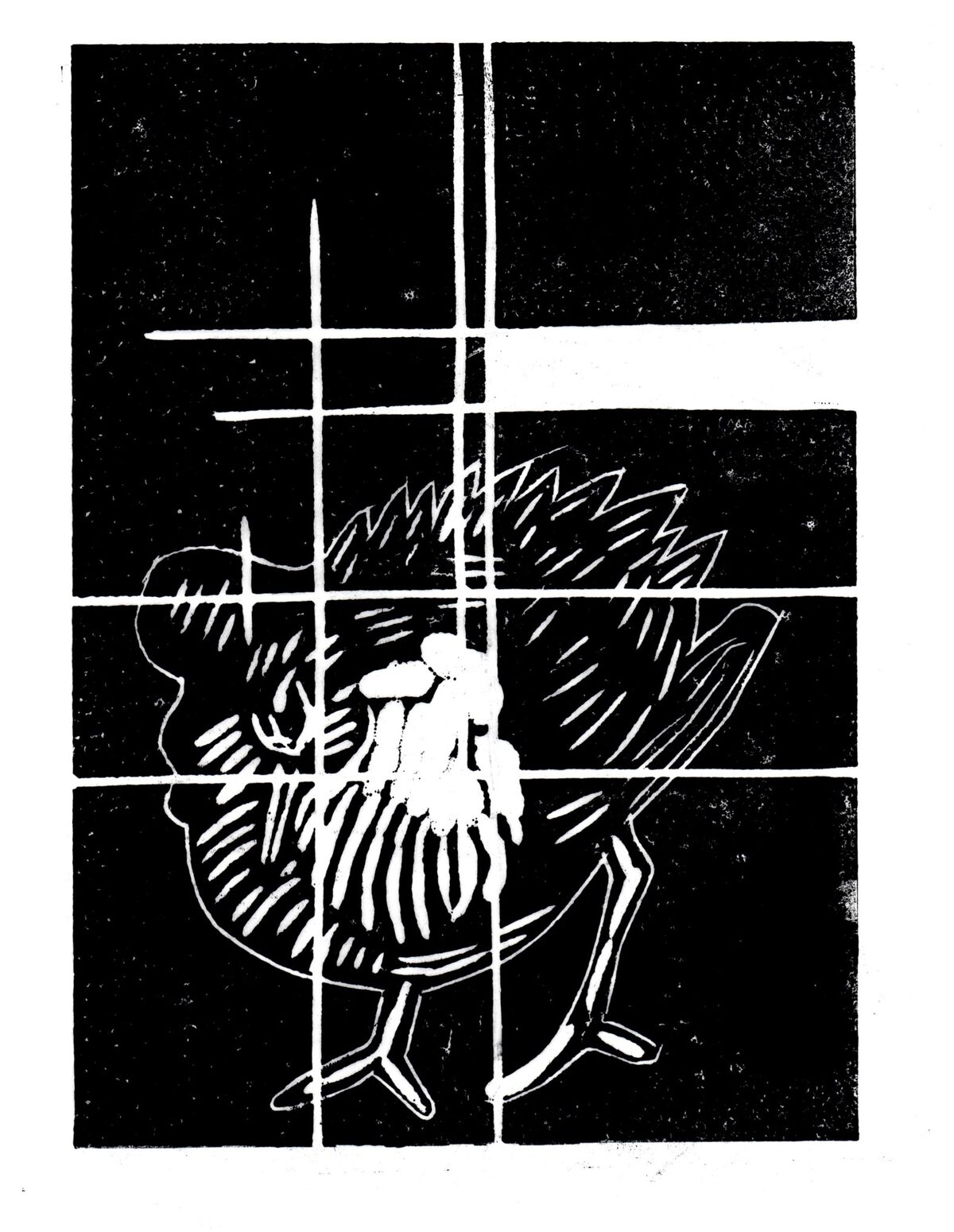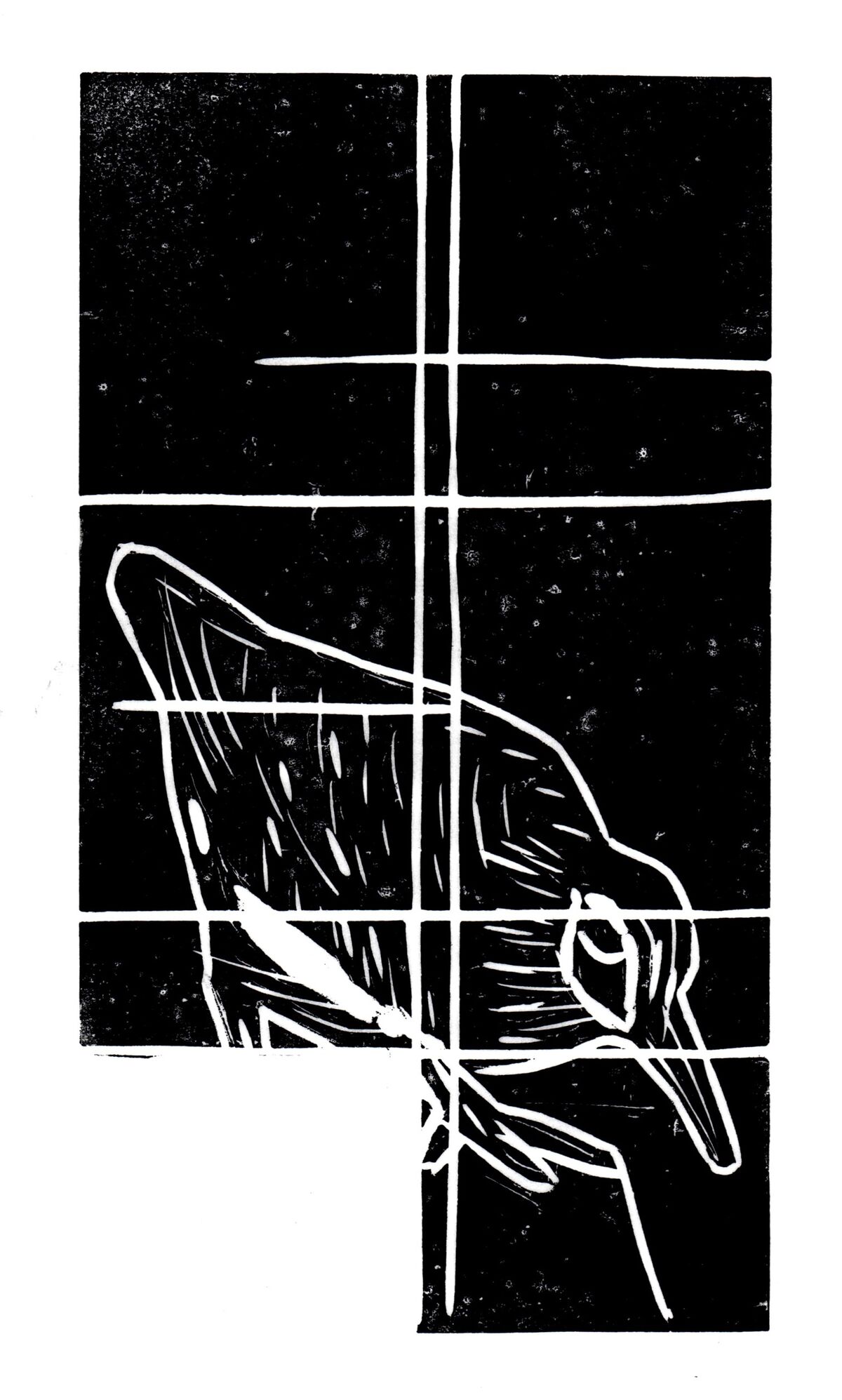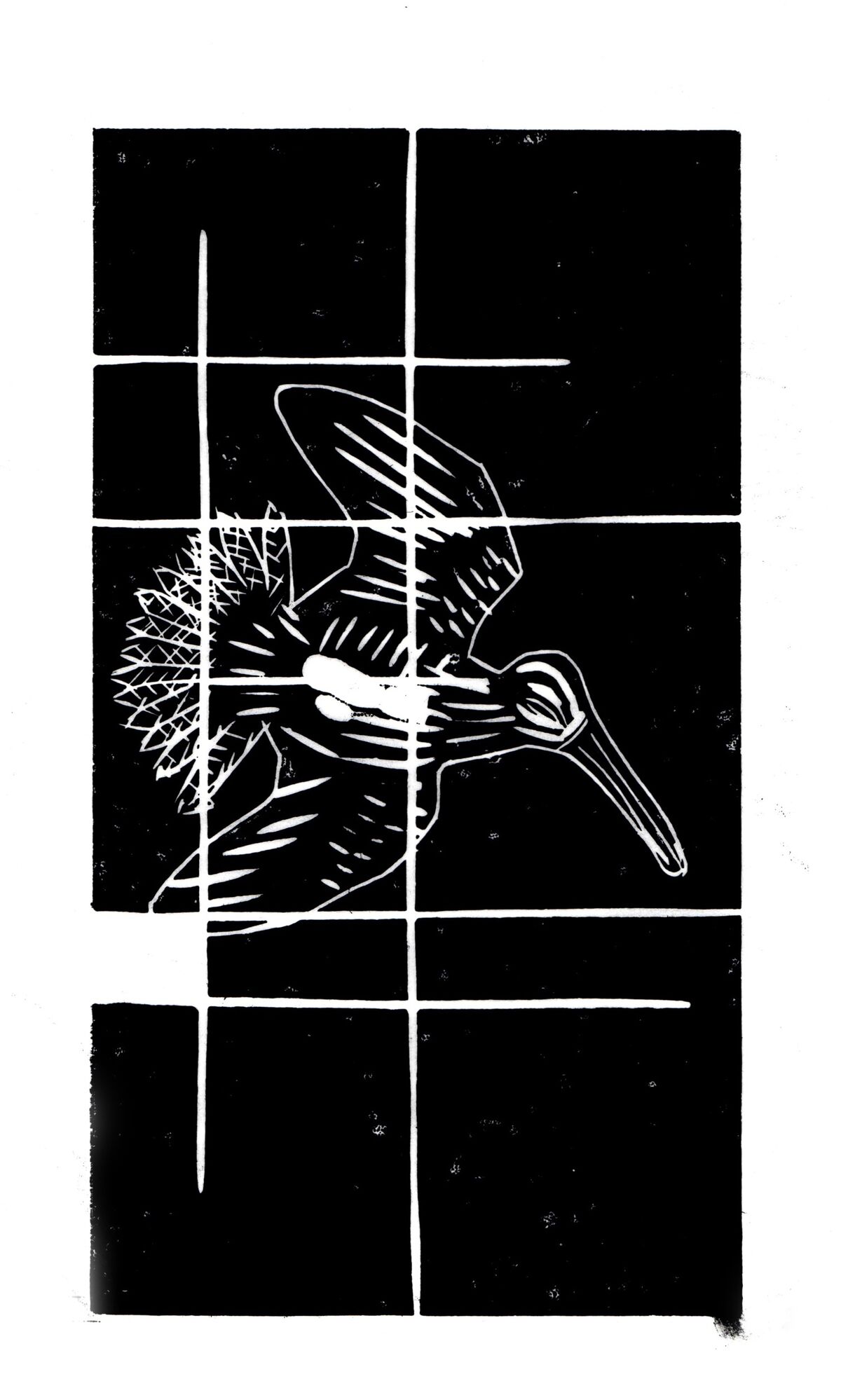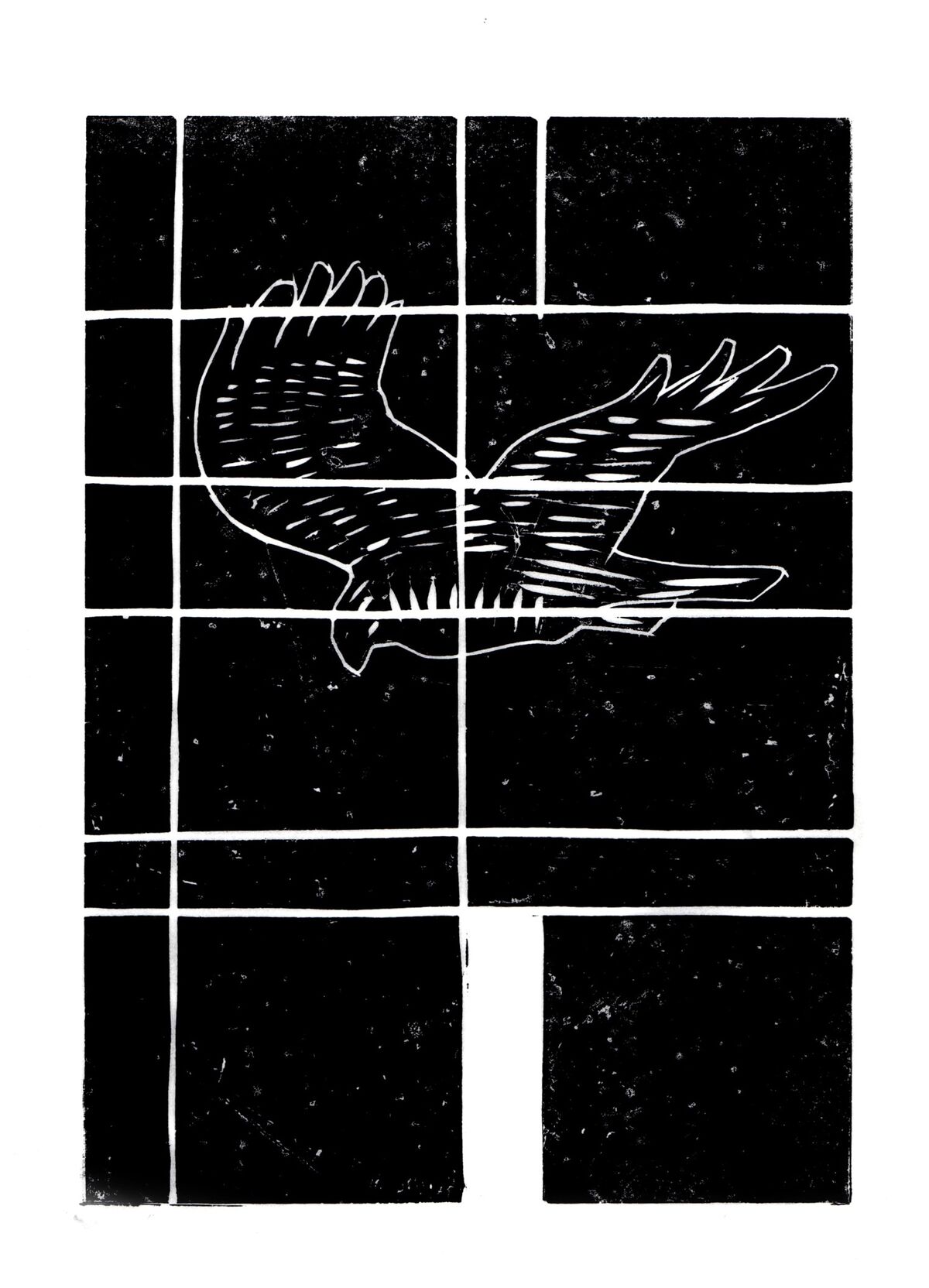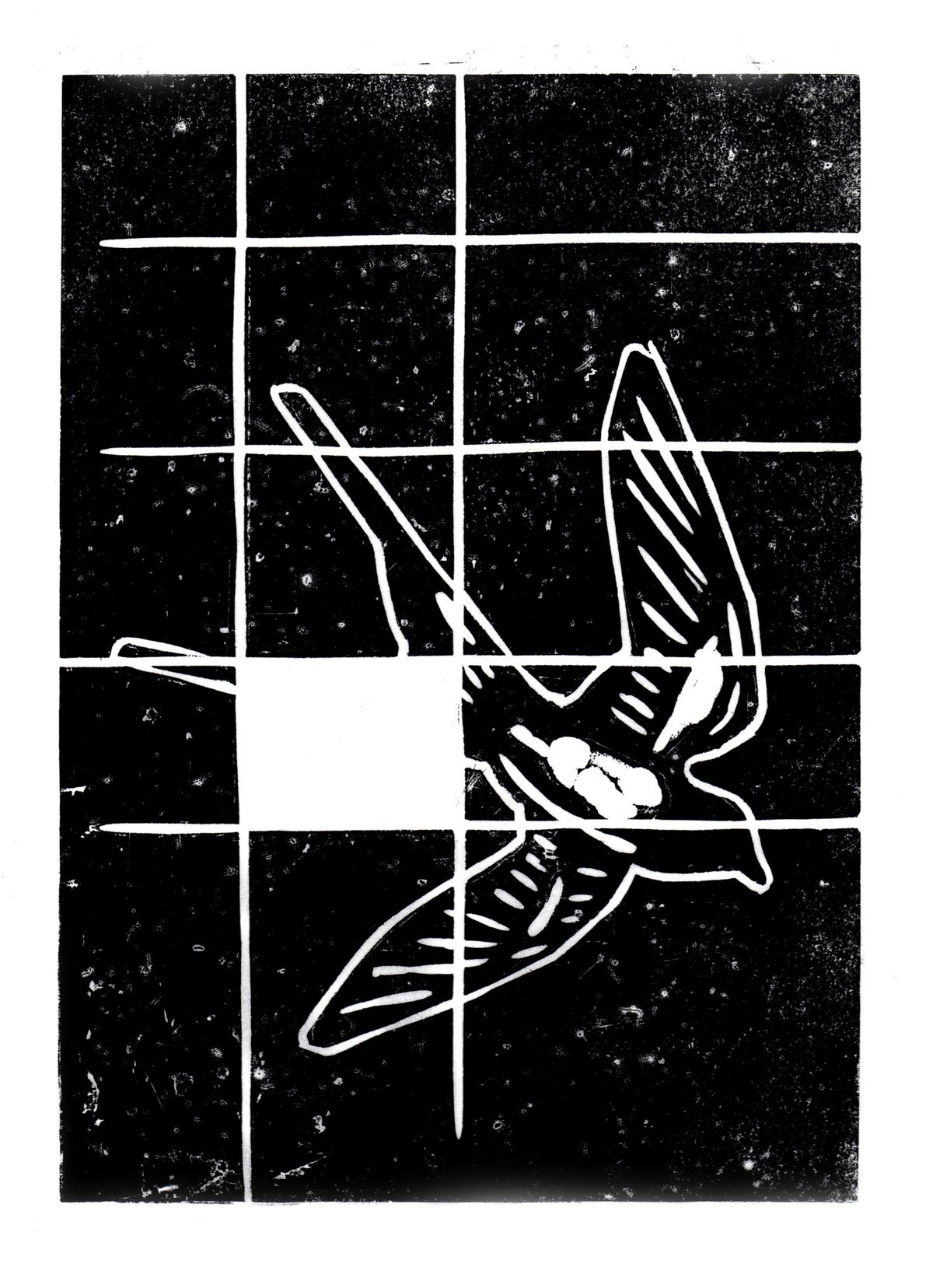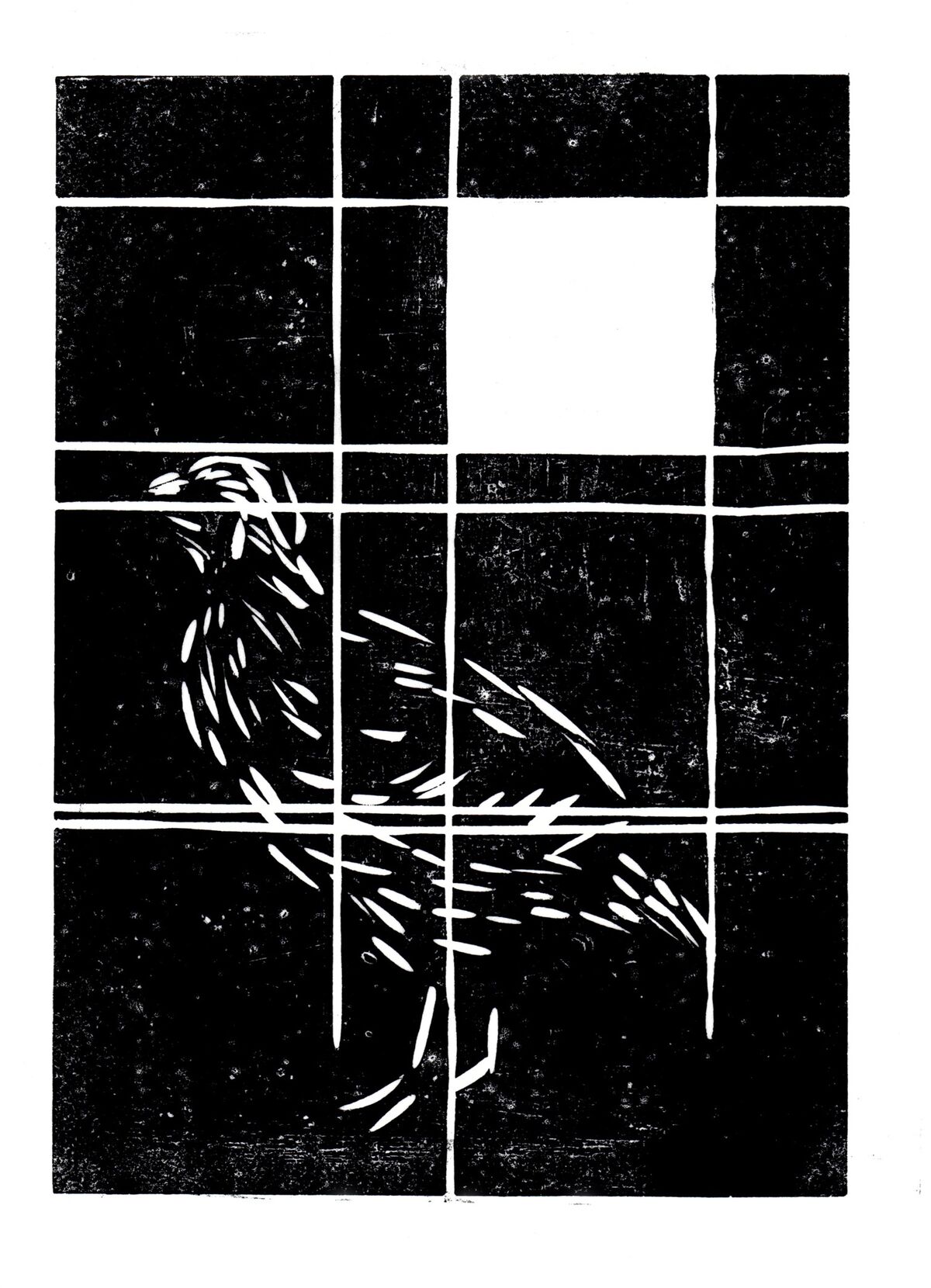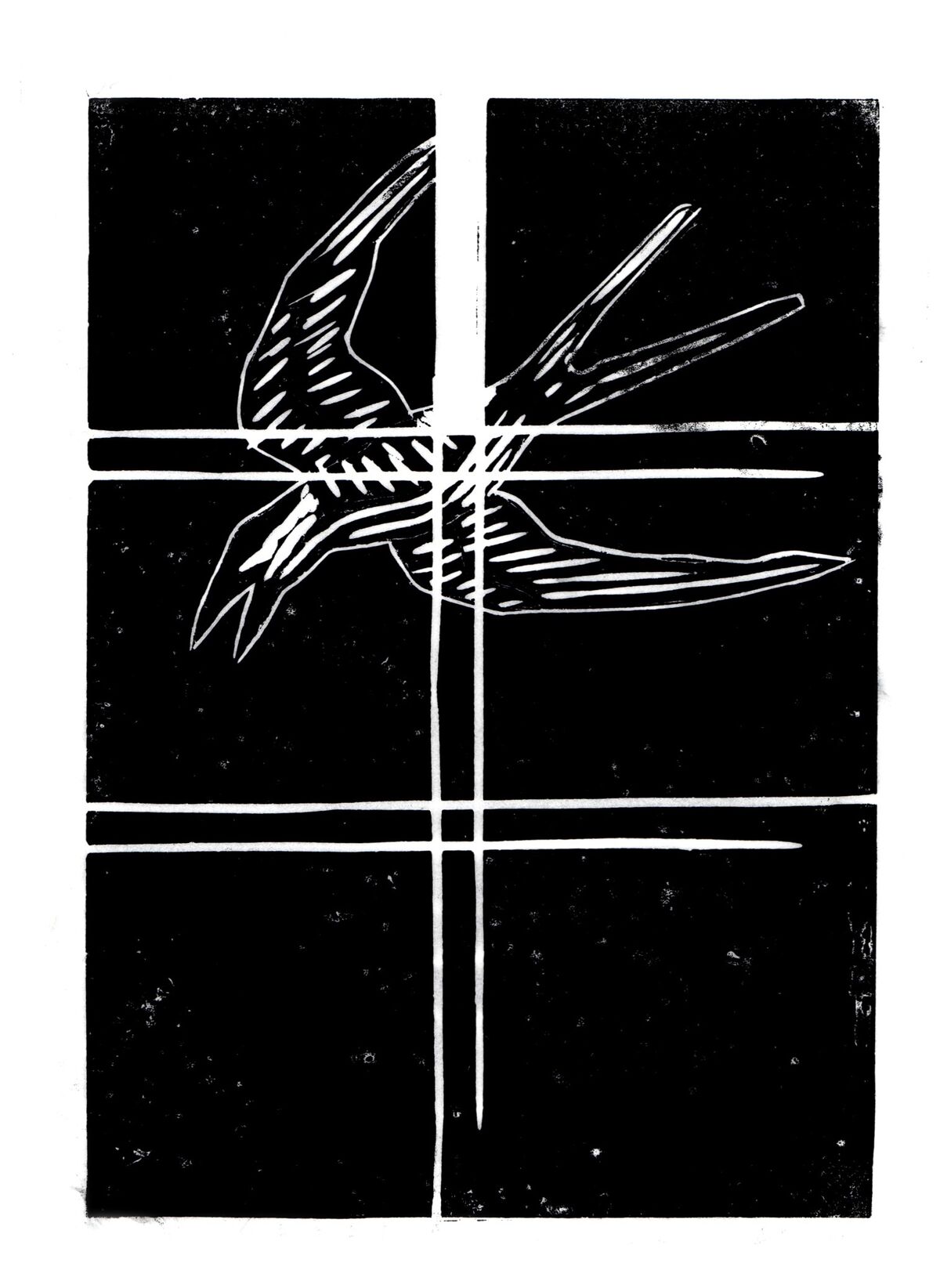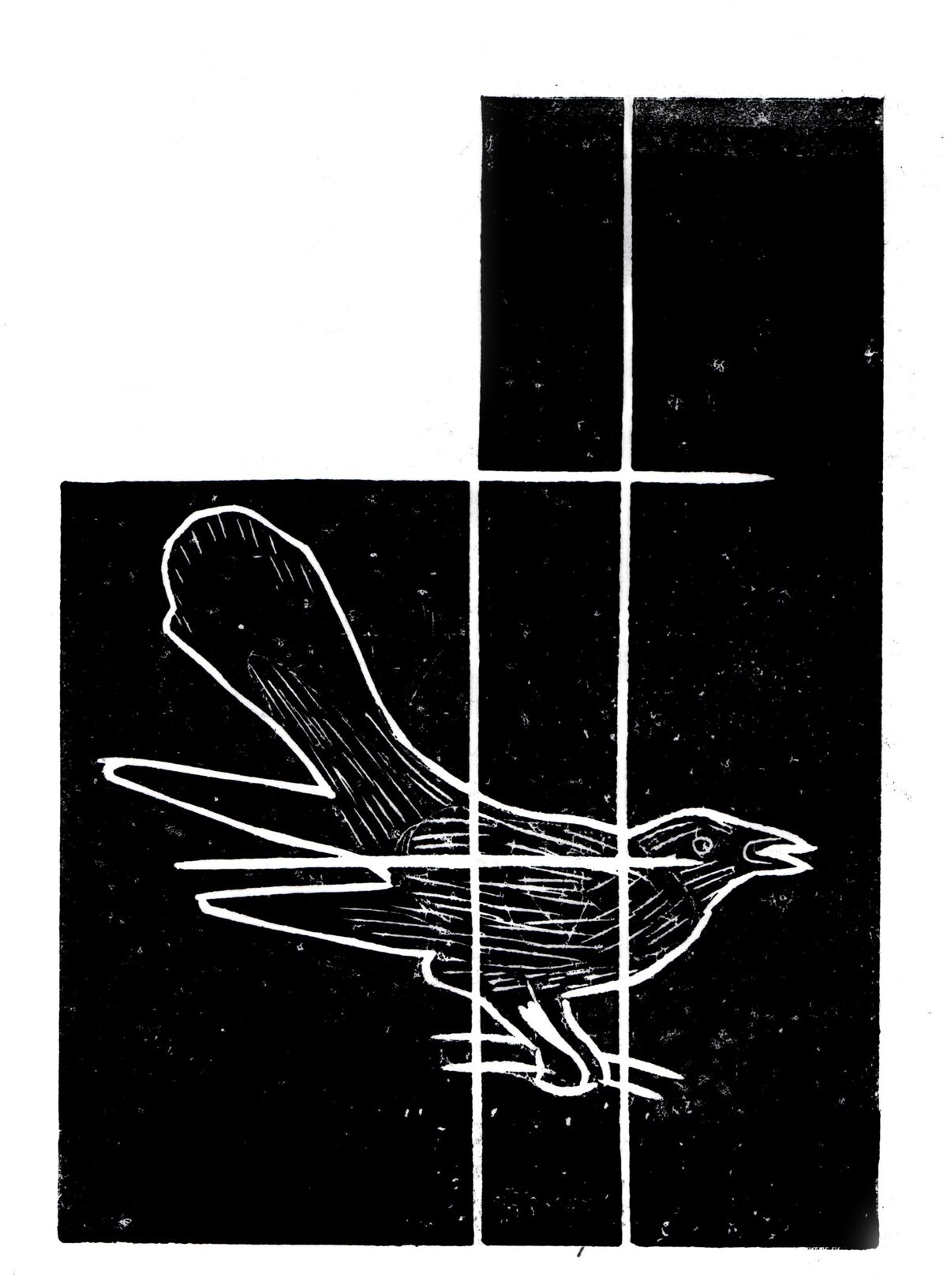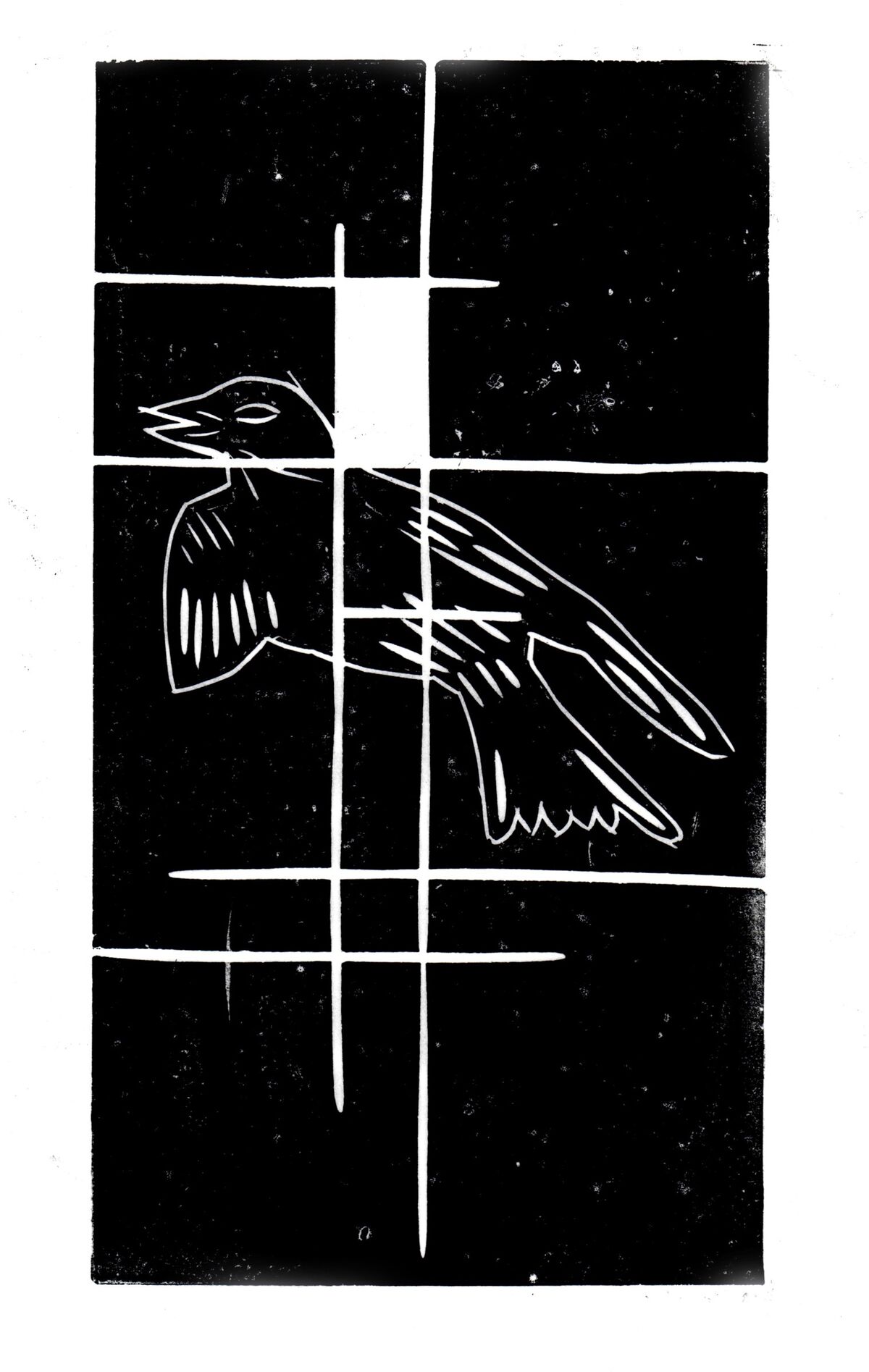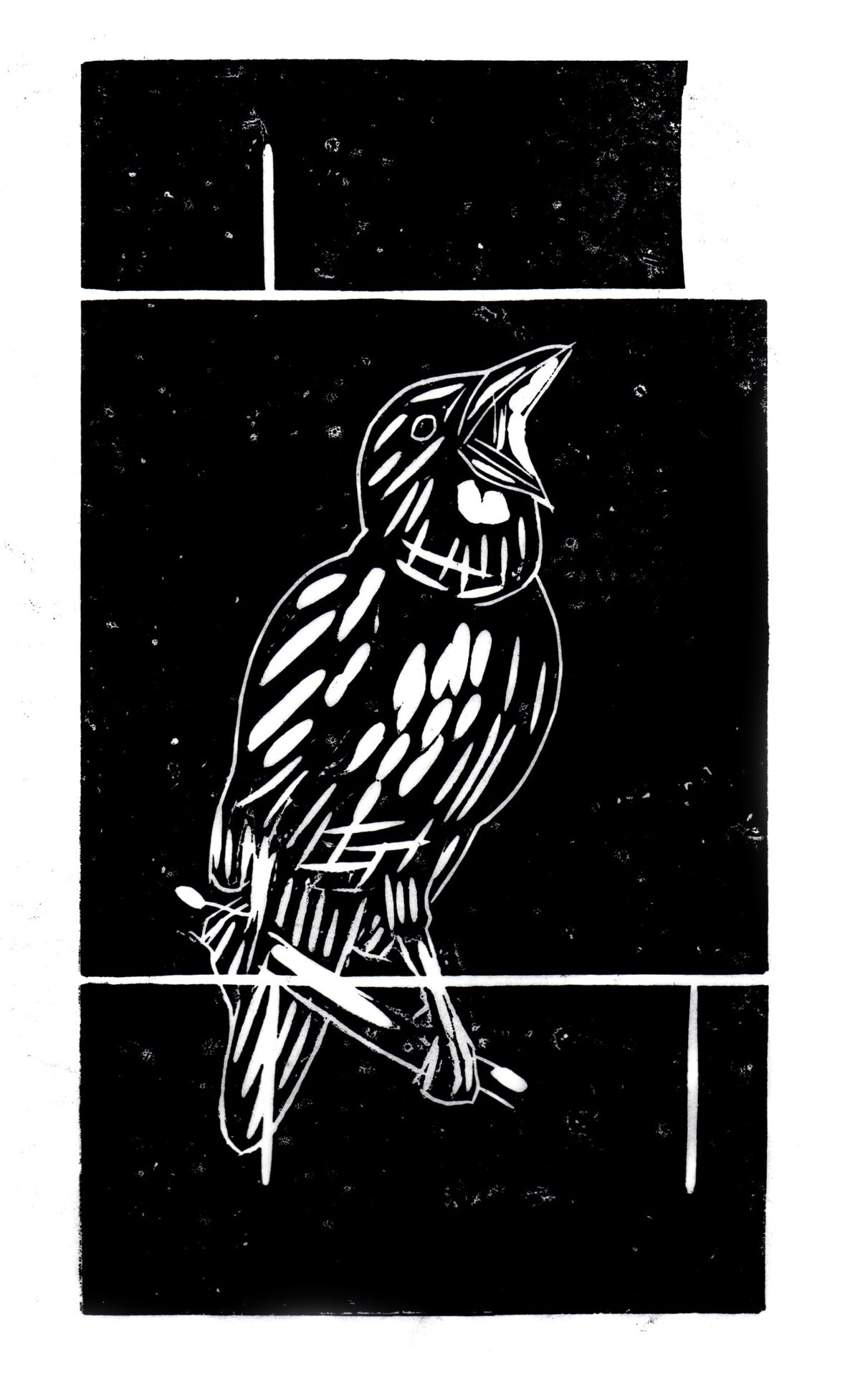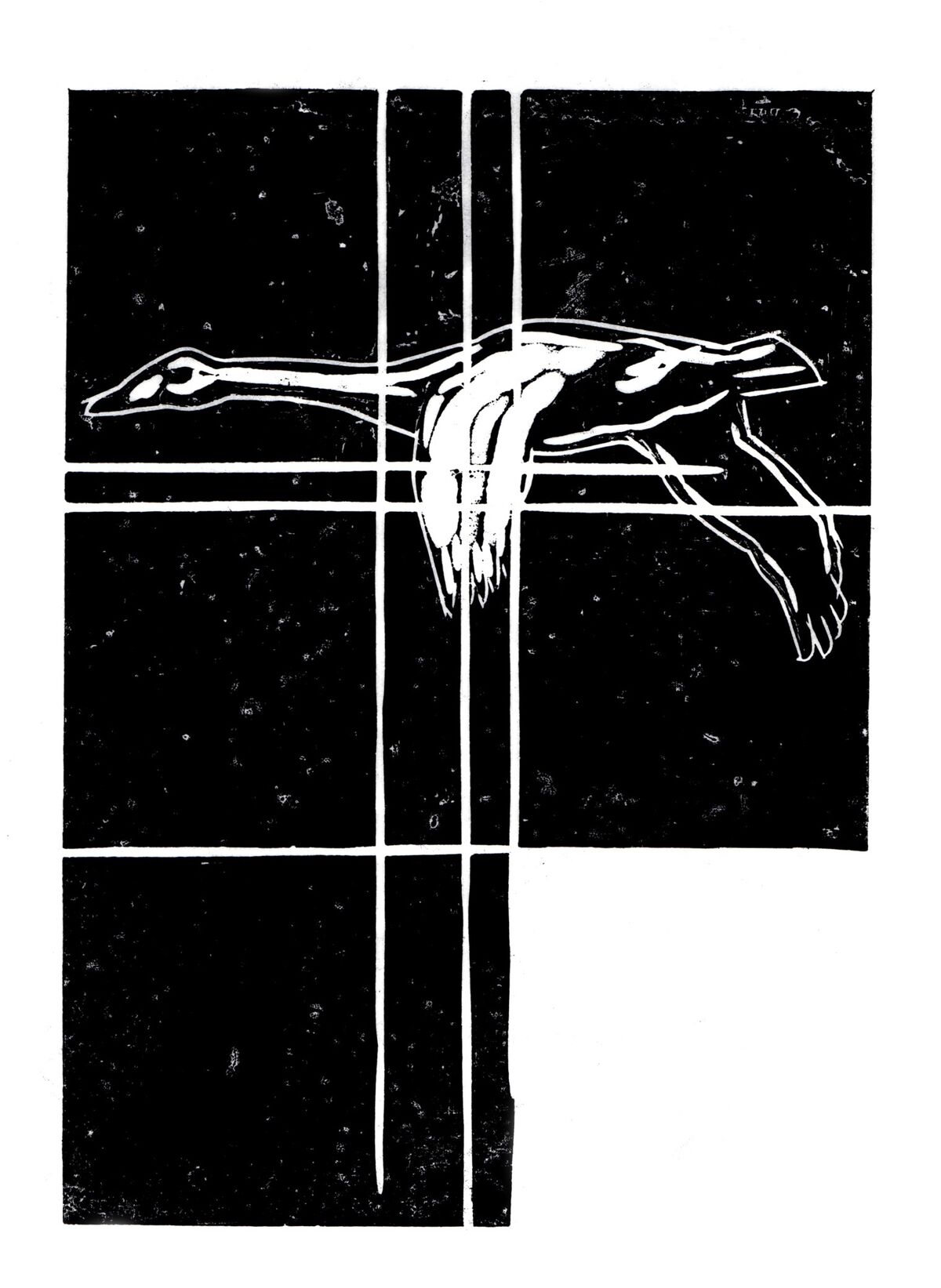I 2017 fejrede Johannes Larsen Museet 150-året for den danske kunstner Johannes Larsens fødsel. I den anledning blev jeg inviteret til at deltage i hyldestudstillingen En vidunderlig verden.
Min far havde en stor bogsamling, jeg tidligt fra barn af gik på tur i. En af de bøger der gjorde et stort indtryk var Trækfuglene af forfatter Steen Steensen Blicher med træsnit af Johannes Larsen.
Jeg er ikke litterat men billedhugger, så jeg er på tynd is, digtene oplever jeg ikke som national romantik egentlig, men oplysningstidens universelle romantik, natur er besjælet, så menneskets sjælelige bevægelser kan læses ind i naturen og hans syntaktiske beskrivelse af verden som overgang til noget andet næsten religiøst, prærafaelistisk i sine billeddannelser.
Man bliver født for at dø, måske er mysteriet ikke før eller efter, men selve det at vi er her.
Hannah Arendt skriver, at det smukkeste i Det Ny Testamente er ordene “et barn er født” noget unikt er kommet ind i verden og konsekvenserne af dette unikke menneskets handlinger er uoverskuelige, da ingen kender fremtiden, derfor går både Karl Marxs socialisme og Adam Smiths liberalisme ud på at forudse og dermed kontrollere individets handlinger, udfra rent nytte begrundede argumenter, verden bliver tingsliggjort.
Dette at vi er født med muligheden for at handle, men at vores handlinger konsekvens er ukendte, kan opleves som en determinisme der enten overvindes i hybris eller i det tragiske. Hos Blicher er "Weltschmerz" ikke som den enkeltes tragiske skæbne, men som et grundvilkår.
Det vidunderlige sammenspil mellem Steen Steensen Blicher besjælede natur poesi og Johannes Larsens “naturrealisme”, hvor naturen ses som en “værdi” i sig selv, en moderne næsten videnskabelig forståelse for naturen, som et selvstændigt fænomen uafhængigt af menneskets kvababelser, hvor han næsten som videnskabsmanden med sit mikroskop, overfører natur iagttagelser til stokkens fysiske muligheder og den grafiske abstraktion. Denne realistiske iagttagelse af naturen, fuglene, viser en respekt, fascination og betagelse af det iagttagede, “objektet” bliver en passion, en lidenskab hvor S. S. Blichers romantiske symbolisme og Johannes Larsens realistiske fascination, for mig i hvert tilfælde, bliver et dybt betagende sammenspil, som har fulgt mig siden det store barn mødte det.
At denne Larsen så i 1960 var formand for Naturfonden for Danmarks naturværdier og den nuværende Larsen som minister for Danmarks naturværdier, ser disse som et middel til vækst uden egenværdi, men kastet for svin og havbrug, kalder på eftertanke og understreger, at uden man lytter til De skønne Kunster, går det galt.
Tekst: Bjørn Nørgaard


